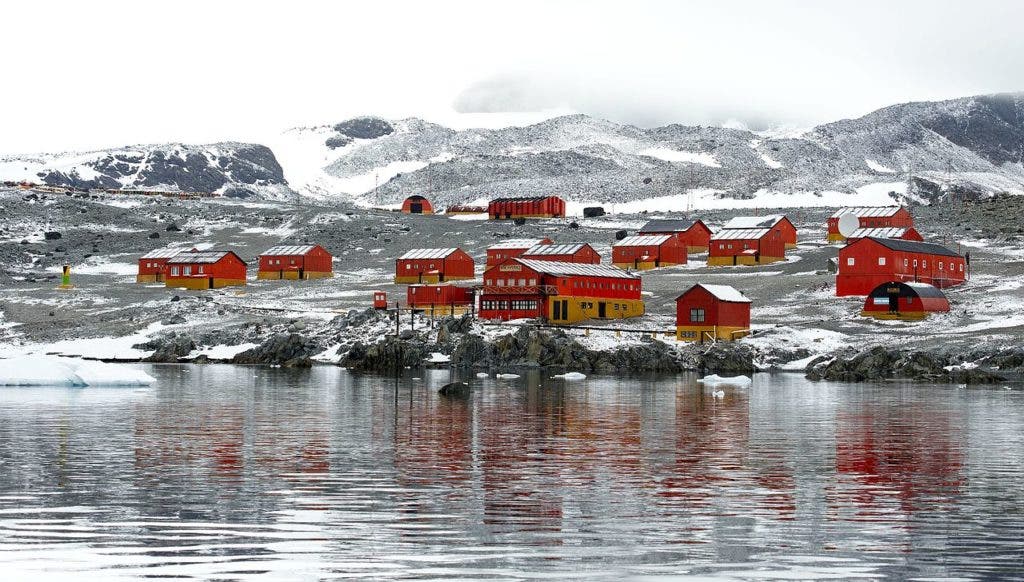It was a breezy 18.3°C (64.94°F) at the northern tip of the continent’s peninsula. Not exactly ice-cream weather, but not that far off either.

Antarctica’s climate is the coldest on Earth. Land-based meteorological stations have measured temperatures as low as −89.2 °C (−128.6 °F), and satellites identified even lower temperatures: −93.2 °C (−135.8 °F). But these record-breaking temperatures seemed long gone in the Arctic, as the weather resembled an average spring day. According to Argentina’s meteorological agency, the temperature reached 18.3°C on Friday — that’s positive, not negative degrees.
The temperature was recorded at Esperanza base — a permanent research station in the Trinity Peninsula, and one of only two civilian settlements in Antarctica. The record is even more remarkable as it comes only five years after the previous one 17.5°C (63.5°F), set in March 2015. It still needs to be checked and confirmed, but it is unlikely that the weather station made a big error.
The record temperature was affected by strong winds moving down mountain slopes, bringing hotter air towards Esperanza. However, the larger context is telling.
Since the 1950s, the temperature in Antarctica has risen by more than 0.05 °C (0.09 °F) per decade. There is evidence of widespread snow melt and glacier retreat around the Antarctic peninsula, owed to man-made climate heating.
Overall, Antarctica has warmed much more than the global average. A 2012 study from Nature Geoscience found that the average temperature at the Byrd Station (a former US research) station rose by 2.4 °C (4.3 °F), with warming fastest in its winter and spring.
There is also evidence that the West Antarctic Ice Sheet is losing mass at an accelerating rate. Antarctica is losing ice 6 times faster than in the 1980s.
So while this new temperature record only shows a single point, it is also representative of the broader Antarctic context. The fact that it’s warm enough to wear a Tshirt is no coincidence — and might be a sign for what’s to come on the continent.






